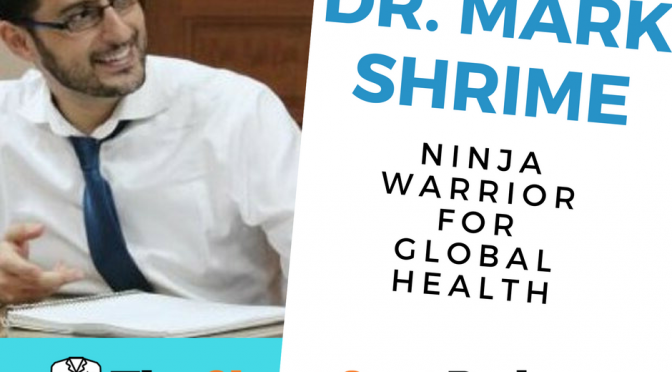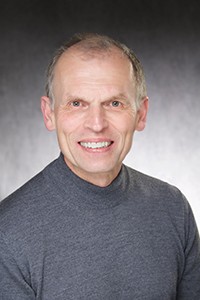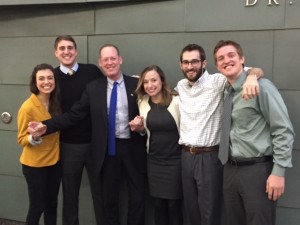Podcast: Play in new window | Download (Duration: 47:37 — 65.4MB)
Subscribe: Spotify | RSS | More
Is surgery too expensive for global health?

Mark Shrime is an otolaryngologist (and American Ninja Warrior competitor) who may just be on the leading edge of change in the way global health sees surgery. In this conversation with Tony Mai, Amanda Manorot, Brian Wall, and Hadeal Ayoub, Dr. Shrime argues that the way surgery is used in international development to date–surgeons fly in for two weeks, do their thing, and fly back out–doesn’t do much to allow their host countries to develop their own surgery skills. For his part, he’s managed to arrange his work at Harvard to allow him two months abroad helping to strengthen health systems in countries like Congo, Haiti, Cameroon, and Madagascar.
The problem is, policy-makers see surgery as ‘too expensive,’ disregarding it as a tool for global health intervention. Ebola and Zika therefore get all the attention. But analysis of the cost-effectiveness of surgery as a tool in global health efforts belies this view, and shows the burden of surgical diseases may be as high as a third of the global total. Fortunately, Dr. Shrime has good advice for future surgeons who face a system that embraces Relative Value Units as a measure of physician performance, and yet want to pursue work outside their hospitals to effect global healthcare change.
We Want to Hear From You
What are your thoughts on the effort to elevate surgery as a global health intervention? Any thoughts on who we should interview next? Call us at 347-SHORTCT anytime, visit our Facebook group, or email theshortcoats@gmail.com to share your ideas.
Continue reading More Surgery for Better Global Health: Dr. Mark Shrime




